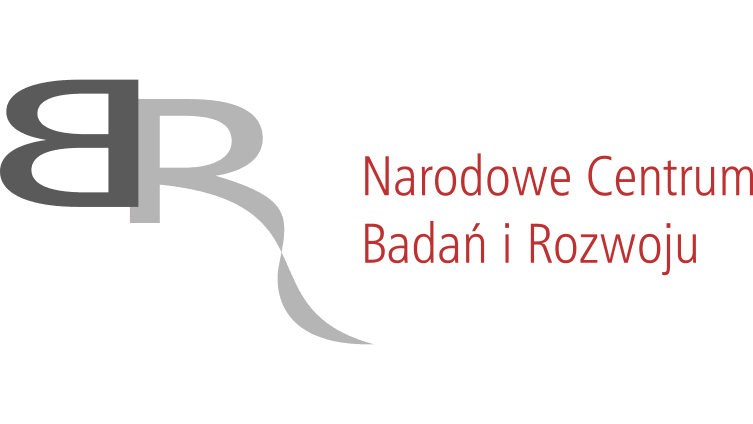Over the course of the summer of 2021, a Proof of Concept will be developed in Latvia to test the use of various systems that could increase the level of safety for UAS flights in common airspace. These may enable BVLOS flight, which is crucial for scaling up commercial usage of UAS’. The PoC will be a joint project between LMT and Aerobits, with the participation of local ANSP (Latvijas Gaisa Satiksme).
The intention of the project is to validate two elements: the use of the existing cellular infrastructure to provide additional visibility for the aviation authorities, as well as the possibility of equipping UAVs with aviation industry technologies to ease their integration into airspace.
Over 2-3 months, several test scenarios will be enacted. The project will carry out nationwide demonstration flights within and outside of cities and will be based on the use of ADS-B and LTE technology. LMT base stations will be equipped with receivers to identify ADS-B and Remote ID signals, while UAVs will be equipped with Remote ID devices and ADS-B transceivers. This will make it possible to receive the location of both SIM-enhanced UAVs, and those without a SIM card. A UTM platform will also be tested, making it possible to visualize the location of UAVs in flight. The project will be conducted in line with the standards and guidelines set by ASTM International and U-Space concept of operations.
“This pilot project is a meaningful step in better understanding how mobile operators and the aviation industry can better collaborate. Our intention is not to replicate the aviation industry’s capacity to identify aircraft, but rather to increase their visibility for any blindspots they may have. While the existing aviation system’s main task is to ensure safety for manned aircrafts, mobile network infrastructure and technologies could be used to enable and provide security for UAV flights. Together, we can provide a full picture of airspace user movement that way increasing safety for everyone.” – Gints Jakovels, drone lead at LMT
The pilot project will showcase the possibility for the aviation authorities to gain visibility in areas previously not covered – notably, at lower altitudes. This will be useful for authorities to view and track UAV flight in cases where drones request to fly in Low Level Airspace (LLA), or near airport territories.
LMT will be responsible for project coordination and execution as well as provide the mobile network infrastructure and data integration within the UTM system. Aerobits will provide sector antennas, omnidirectional ground stations, HOD devices and ADS-B transceivers. The project will be enriched with additional solutions based on Remote ID technology.
For that purpose, Aerobits are currently designing a network based ground infrastructure solution that will monitor Unmanned Aircraft Systems (UAS) – compliant with existing remote ID directives.
Companies participating in the project:


LMT has offered mobile services since 1992 and is the leading mobile network operator in the country. As the innovation leader in the market, LMT offers a full spectrum of the highest quality telecommunication services. LMT is 5G ready – the network operator is actively working on developing technologies that could be advanced by 5G technology such as a smart city, mobility and connected cars, drone technologies, public safety and even innovations in space exploration, etc.
Aerobits is a Polish company that has its headquarters in Szczecin, Poland. It was set up in 2017 and is specialised in the miniaturisation of avionics. This is of central importance to be able to integrate UAS into airspace and enable the setting up of UTM and U-Space services.
Company registration data:
KRS: 0000673815
REGON: 366941733
VAT (NIP): 8513207041
Share capital: 5900 PLN
AEROBITS Sp. z o.o. wpisana do Krajowego Rejestru Sądowego w SĄDZIE REJONOWYM SZCZECIN-CENTRUM W SZCZECINIE
XIII WYDZIAŁ GOSPODARCZY KRAJOWEGO REJESTRU SĄDOWEGO
Copyright ©Aerobits 2017-2024








Projekt i wykonanie: SurmaCreation